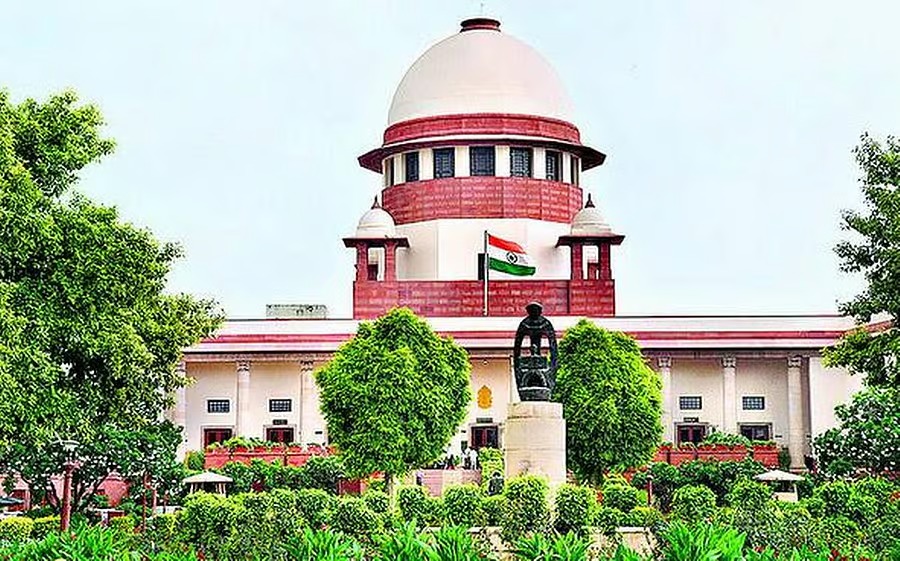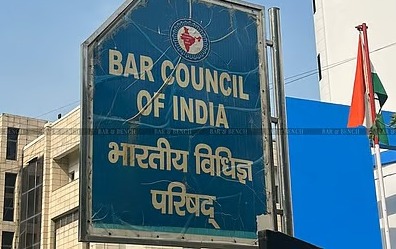1. THE opposite party in O.P. No. 284/97 on the file of the Consumer Disputes Redressal Forum, Thiruvananthapuram is the appellant.
2. THE complainant alleged that he had applied for a loan of Rs. 60,000/- for the purpose of constructing a house. That application was in September, 1986. According to him it was to repay the loan with interest @ 12.5% per annum. He had received the first instalment of Rs. 18,000/-, he alleged that, he was actually paid only a sum of Rs. 16,000/ -. THE said disbursement was on 29.9.1996, but he could not utilise the loan amount for constructing the building; and therefore, he wanted to remit back the amount which he had received and he made enquiries with the opposite party as to how and when he could remit the said amount. THE further allegation was in November, 1991, the opposite party directed him to pay Rs. 21,000 / -. Complying with the said direction, he remitted the said amount on 11.11.1991. But inspite of repeated requests the mortgage deed was not released and the opposite party directed him to remit an additional amount of Rs. 55,883/- on or before 30.11.1996 so as to close the transaction and release the mortgage. This direction was made on 21.11.1996; as they took the stand, unless the said amount is remitted the mortgage would not be released he was compelled to remit the same on 29.11.1996. Thus according to him as against the loan of Rs. 16,000/-, he had to pay Rs. 76,883/- which he maintains is deficiency of service, and therefore he prayed for refund of the excess amount received by the opposite party with 18% interest and also compensation.
The opposite party in their version questioned to maintainability of the complaint; and contended that, the mortgage deed was executed by the complainant on 9.9.1986 stipulating to return the said amount with 12.5% interest per annum or such other higher rate of interest as may be fixed by the mortgager from time to time. There was also provision in the mortgage deed for imposing penal interest. The first instalment was released to the complainant on 1.10.1996 after deducting Rs. 834/- towards security fee. He did not utilise the said amount for constructing the basement. Then the complainant had on 6.11.1991 stated before the opposite party that he had dropped the plan for construction of the house and he is willing to repay that amount with interest. Instead of remitting the real amount (sic.) had remitted only Rs. 21,000/- that would not cover the liability. He has to remit Rs. 55,883/- which was already remitted by him. There is no deficiency of service, therefore, they insisted for dismissal of the complaint.
Before the District Forum the complainant was examined as P.W. 1 and he produced Exhibits P1 to P8. The opposite party did not adduce any evidence oral or documentary. The District Forum went into the question, ultimately directed the opposite party to refund Rs. 42,016/- with 12.5% interest from 29.11.1996 till date of payment and to pay Rs. 500/- to the complainant as costs.
3. AGGRIEVED by the said direction now the opposite party has come up in appeal.
The learned Counsel for the appellant urged that this being in effect for settling the account the complaint itself should not have been entertained and the learned Counsel made reliance on the decision of the National Commission 1996(2) CPR 136. The learned Counsel for the respondent on the other hand maintained that no such contention was taken by the opposite party before the District Forum, though he said complaint is not maintainable, he did not enlarge on that stating, as the complaint involves settlement of account the District Forum should not entertain the same. Even assuming that, there is a contention like that we do not think, the said decision referred to by the learned Counsel will apply to the facts of this case. This involves only the question of rate of interest to be realised for the amount advanced as instalment to the complainant. Therefore, the said argument of the learned Counsel cannot be sustained. But the next contention by the learned Counsel for the appellant is based on Clause 12 of Exhibit P1 agreement. On the other hand the District Forum relied on Clause 15 of the same agreement to reach the conclusion which it reached. The learned Counsel strenuously maintained that, this is a case which would attract Clause 12 of Exhibit P2. Clause 12 envisages a case of failure to remit the instalment of principal or interest on the due dates and if remittance is not made on due dates it will bear interest @ 18%. As against this the argument of the learned Counsel for the respondent is that, no due date is fixed for this transaction and there was no communication from the appellant as to the due date at which the first instalment has to be remitted. The stage had not reached for the operation of Clause 12. It was urged by the respondent the clause which would apply to the facts of this case are Clauses 14 and 15. It was stressed by the learned Counsel that, though he had sent Exhibit P2 letter dated 6.11.1991 signifying his willingness to remit the amount with interest, the opposite party did not respond within a reasonable time. A reply for that a letter was received only on 21.11.1996 whereby he was intimated that he should remit an additional amount of Rs. 55,883/-. It would be noted that, it is a case where the complainant could not construct the building as per the scheme. Therefore he offered to remit the amount with interest. Clause 14 of Exhibit P2 envisages a condition where the mortgager fails to claim the subsequent instalments within three months from the drawing of the previous instalments. Here he availed only the first instalment. He did not claim the succeeding instalment within the period fixed therein. Then Clause 14 enjoins that, such previous instalment shall be treated as the last instalment unless the time is extended by the mortgager and the recovery shall commence as provided in the terms and conditions prescribed for the grant of the loan. If that is to be treated as the last instalment; and it must be treated so, it follows therefrom he has to pay the amount with the interest prescribed for a loan transaction of which the last instalment itself was availed. Then Clause 15 of the said agreement makes the matter clear. It says, if the mortgager fails to utilise any instalment of loan within the maximum period admissible and does not apply for subsequent instalment of loan, the entire amount already disbursed shall be recoverable from him with interest in a lump. A combined reading of Clauses 14 and 16 thus brings out that, in a case like this particularly where the mortgager offered to repay the amount as soon as he discovered that he could not construct the building, he cannot be compelled to pay the penal interest as he has been done. It is not of little importance in this connection to note that, though he has issued Exhibit R2 letter as early as on 6.11.1991, the respondent opted to act on it only after five years. Taking into consideration material to which advertence has already been made in this order, we do not consider that, any interference in the impugned order is called for at the hands of this Commission. The appeal fails and the same is dismissed. No costs. Appeal dismissed.

